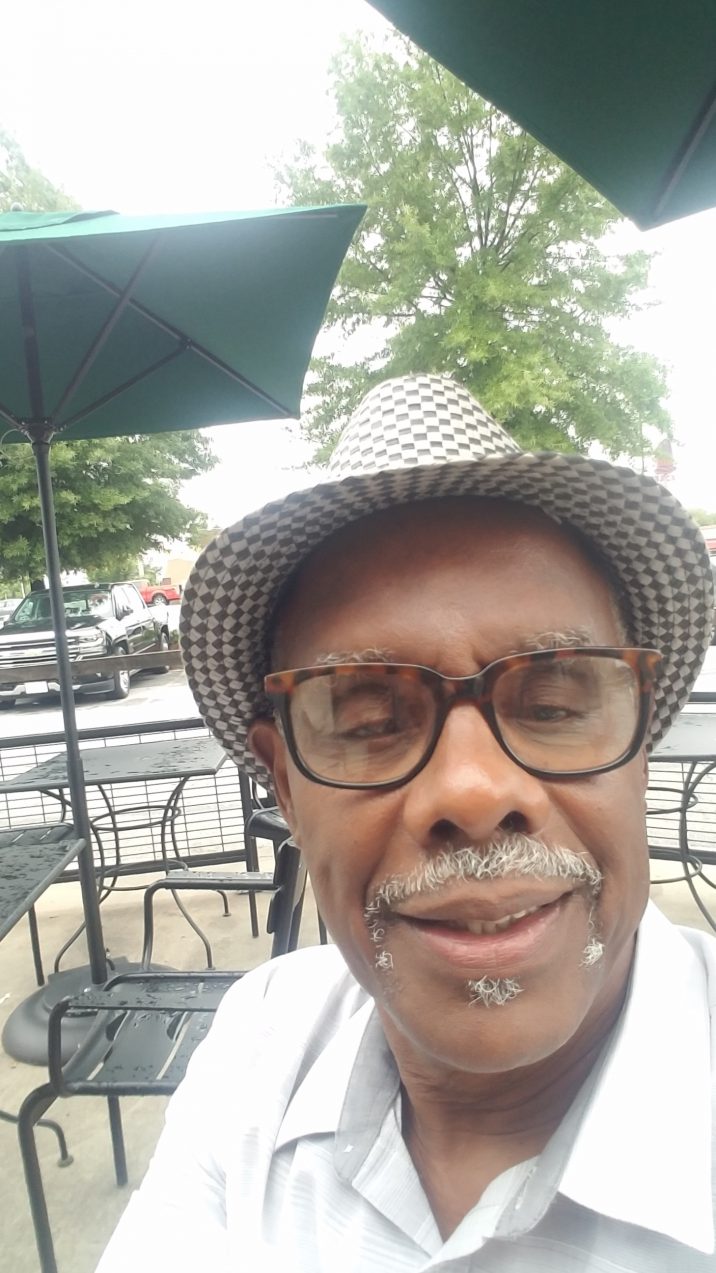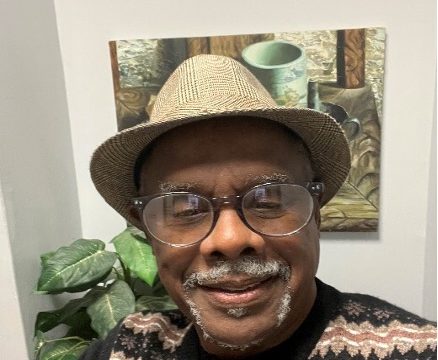

Triphenya Bailey is an early rising local journalist who writes in a nearby coffee shop. A few days a week so do I, often at the same table.
“Writing in Restaurants” is a chapter in Natalie Goldberg’s delightful 1986 book, “Writing Down the Bones, freeing the writer within.” In it she cites Earnest Hemingway’s love for writing in cafés in Paris and those times when fellow novelist James Joyce sat a few tables away. Of course, I’m no Earnest Hemingway and neither is Triphenya Bailey anybody’s James Joyce.
But what we do have in common is an affinity for writing in cafes and coffee shops during which we typically start off the day with well wishes to staff and customers before plunging into “solving world hunger” and other critical issues of the day.
Now on a recent morning, the topic of Juneteenth emerged somehow. I remembered Triphenya’s passionately successful efforts in making the Juneteenth celebration a local reality and figured that the timing was perfect for talking about the event as we head into the month of June.
Wow, the Juneteenth celebration! What a refreshing reality, a timely departure from the bad news sweeping the world these days where good news is increasingly hard to find.
But first – and briefly – Juneteenth is a national holiday celebrating the emancipation of enslaved African-Americans. It started in 1980 in Galveston, Texas, the first state to make Juneteenth a state holiday and has since become known as the African American Addendum symbolizing Independence Day.
Now since I had a captive audience with Triphenya, I posed her some top of the mind questions:
TERRY: Share some of your earlier efforts in getting the celebration in Douglasville.
TRIPHENYA: When we planned Douglasville’s first Juneteenth event in 2009 it was with the intention of sharing parts of America’s history with a multi-cultural audience, many of whom may not have been aware of how slavery ended in the United States. At the time, I was working in conjunction with members of the Black Education History Exhibit who wanted to do an event to celebrate that moment in history. Omar Muhammad served with me as a co-organizer of the inaugural event.
TERRY: What obstacles, if any, did you encounter?
TRIPHENYA: Actually, there weren’t many. I appeared at a Douglasville City Council meeting and asked then-Mayor Mickey Thompson, on behalf of BEHE (Black Education Historical Event), that we be allowed to shut down a portion of the area near the old courthouse for the first Juneteenth event. The BEHE organization and its members did most of the heavy lifting. There were nearly 800 people who attended, and the Old Courthouse guest book registered signatures of guests from North Carolina, South Carolina and Alabama for the event.
TERRY: How would you suggest making Juneteenth more appealing to different generations and age groups?
TRIPHENYA: Start by involving the school systems and their social studies curriculum developers. Involve them in the planning of activities and make them all age appropriate so students can learn how this great country became so great with the skills of enslaved people who built the US Capitol and buildings like Monticello, home of Thomas Jefferson.
TERRY: I’ve experienced a few Juneteenth festivals, and although I thought that the music and ethnic foods and costumes were nice, I’ve always left with a feeling of what’s missing. So, tell me what’s missing.
TRIPHENYA: I know that there’s been an Atlanta Juneteenth for several years and learned that there’s an event in Hiram, Ga. this year for the first time. Although I am not familiar with their activities, I am familiar with the Douglasville event. I believe that the Douglasville event has been missing an educational component that would draw more people and teach festival goers how Juneteenth started and why it’s important.
While earlier events included a storyteller who shared an account of Union soldier Henry Granger riding into Galveston in 1863 declaring the end of slavery, there does not seem to be a sustained effort to continue to inform festival goers via storytelling and other means. Teach ins, books for all age groups, singing Negro spirituals and short plays enacting scenes from African American history would really enrich the experience. I’d also like to see events reach out to and include more participants from different races, cultures and backgrounds.
TERRY: These are all good ideas Triphenya, but how would you suggest the event include those who may be able to attend in person?
TRIPHENYA: One idea is to organize at-home history lessons. Gather as a family and research Juneteenth history then talk about it. Another possibility is to do an evening of movies and popcorn during which you watch movies about the Black experience on a streaming service. Plus, we can all encourage others to celebrate Juneteenth and participate in activities virtually via Zoom and other tools.
TERRY: Okay Tri, you get the last word. What is your parting message to our readers?
TRIPHENYA: One of my favorite quotes is, “The Impossible is far too often untried.” If we apply that mode of thinking in creative ways to celebrate Juneteenth, we stand to make a great nation and great city even greater. Hey, I guess that that’s the forever optimist in me!
© Triphenya Bailey and Terry Howard are members of the “26 Tiny Paint Brushes” writers’ guild.


